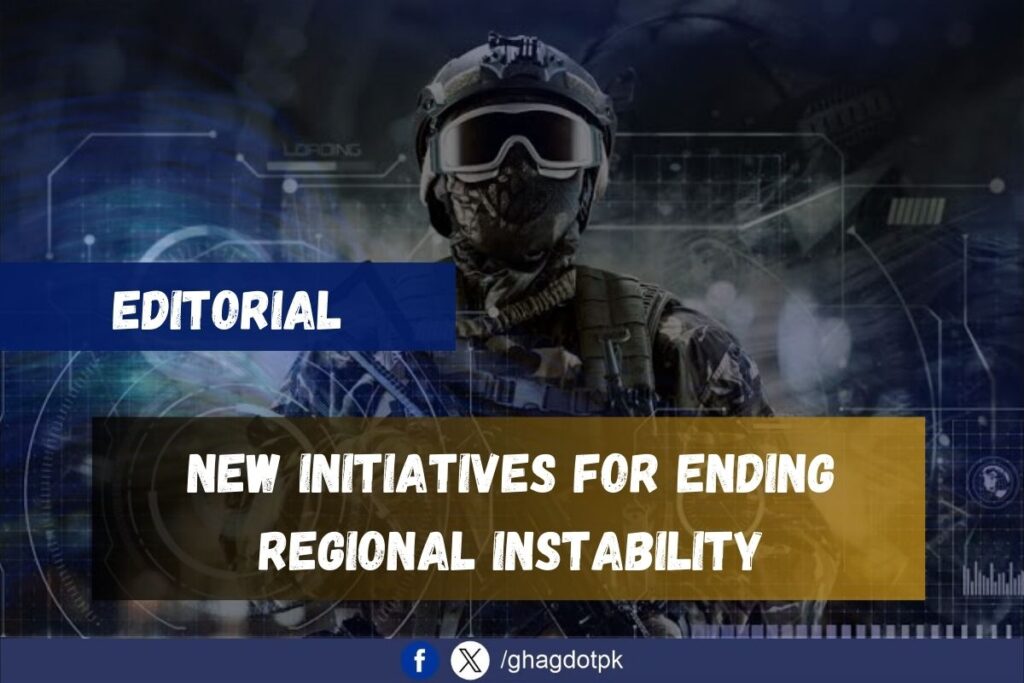As anticipated, the cycle of terrorist attacks is once again intensifying in Pakistan’s two conflict-hit provinces — Khyber Pakhtunkhwa and Balochistan. Pakistan’s security agencies have attributed this surge to what they describe as India-sponsored terrorism. According to these agencies, following India’s political setback on May 10, it has reactivated its existing proxies in these regions. The defunct Tehrik-i-Taliban Pakistan (TTP) and the Balochistan Liberation Army (BLA) are reportedly at the forefront of these proxies.
Recently, a tragic incident in Balochistan’s Khuzdar district saw a school van targeted in an explosion, killing nearly half a dozen children and others, and injuring several more. On the same day, two police officers were martyred in an attack in the Bannu district of Khyber Pakhtunkhwa. In addition, several reports have emerged of government officials being abducted from various tribal and southern districts of the province.
Simultaneously, a reported drone strike in Mir Ali, North Waziristan — which resulted in the deaths of several children — sparked widespread debate among political and civil society circles. In an official statement, security officials asserted that the operation was carried out using a quadcopter under the control of militants, aimed at sowing distrust between the people and the armed forces. The Inter-Services Public Relations (ISPR) emphasized that a formal investigation into the Mir Ali incident concluded it was indeed orchestrated by militants, referred to as Khawarij, and vowed to bring those responsible to justice.
In a strong response, the Pakistani state took serious notice of the Khuzdar attack, labeling it a direct result of “India-sponsored terrorism.” Prime Minister Shehbaz Sharif, Field Marshal Syed Asim Munir, and several federal ministers suspended their pre-scheduled engagements to make an emergency visit to Quetta. There, in the presence of the Chief Minister and other officials, they were briefed in detail on the Khuzdar incident and the broader security situation in Balochistan. Senior officials also visited the injured to express solidarity and support.
These attacks come at a time when Pakistan was celebrating the symbolic victory of May 10, and while a high-level trilateral dialogue on regional security was underway in Beijing between the foreign ministers of Pakistan, China, and Afghanistan. In this context, it is not unreasonable to infer direct Indian involvement. As expected, India appears to be pursuing a policy of targeting not only Pakistan’s security forces but also innocent civilians and children, with the apparent goal of undermining the growing unity between the Pakistani state and its people.
What is urgently required is focused attention on internal security and stability. In light of new challenges and evolving dynamics, it is imperative to implement a revised and practical version of the National Action Plan. Only through resolute and well-coordinated efforts can Pakistan forge a renewed path toward lasting peace and stability.






